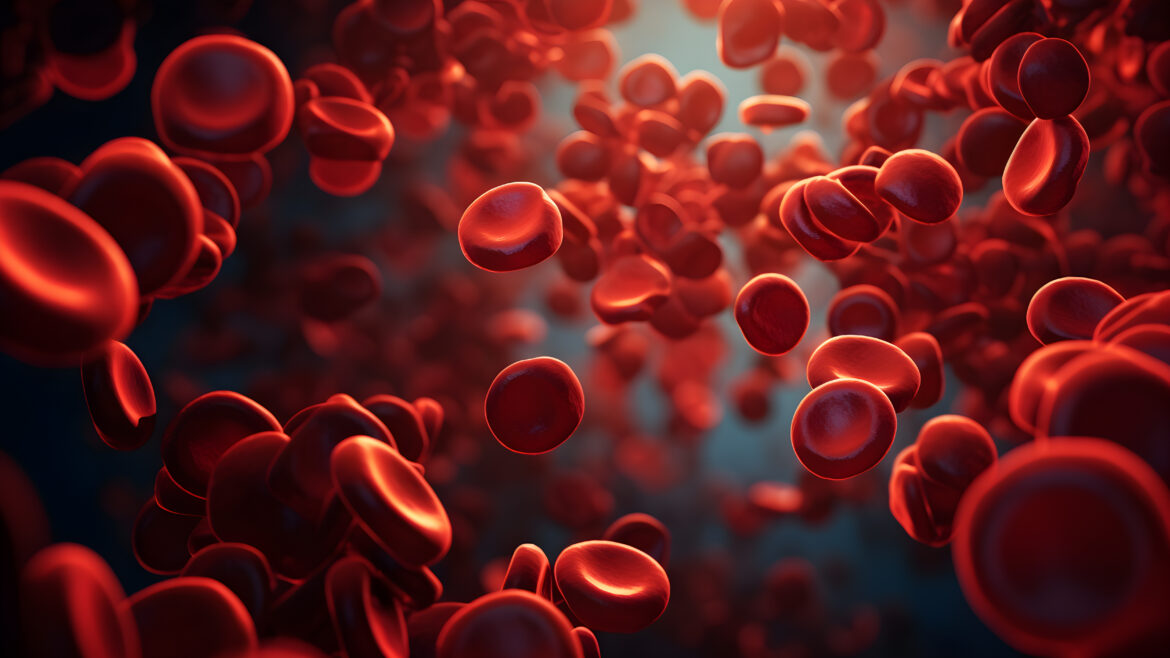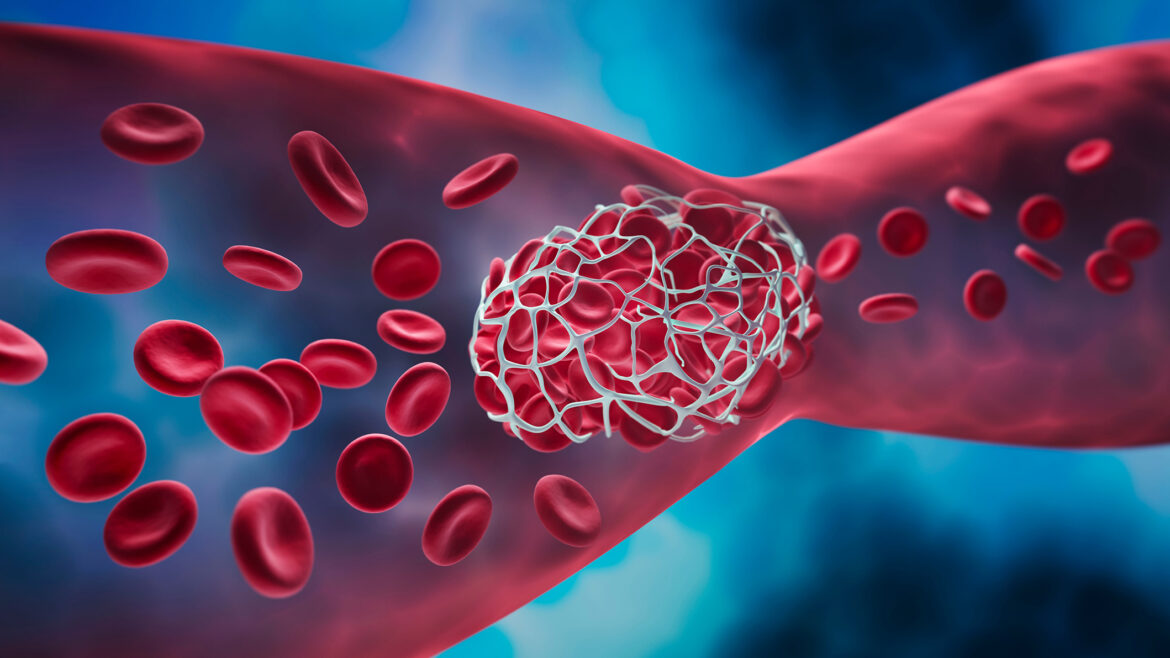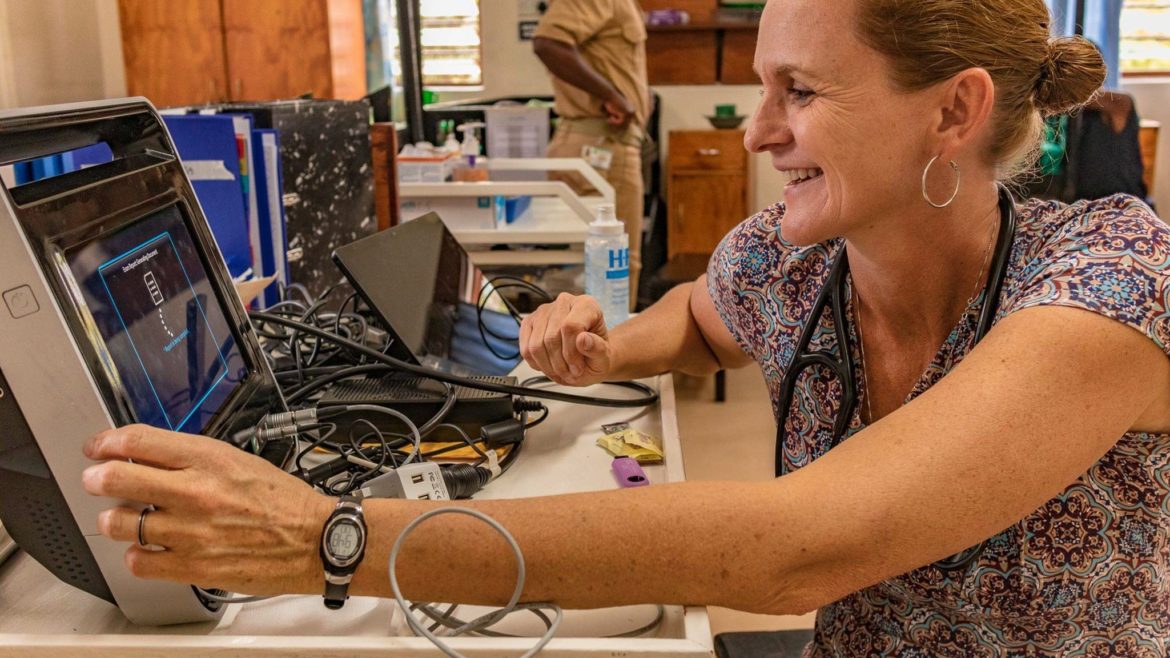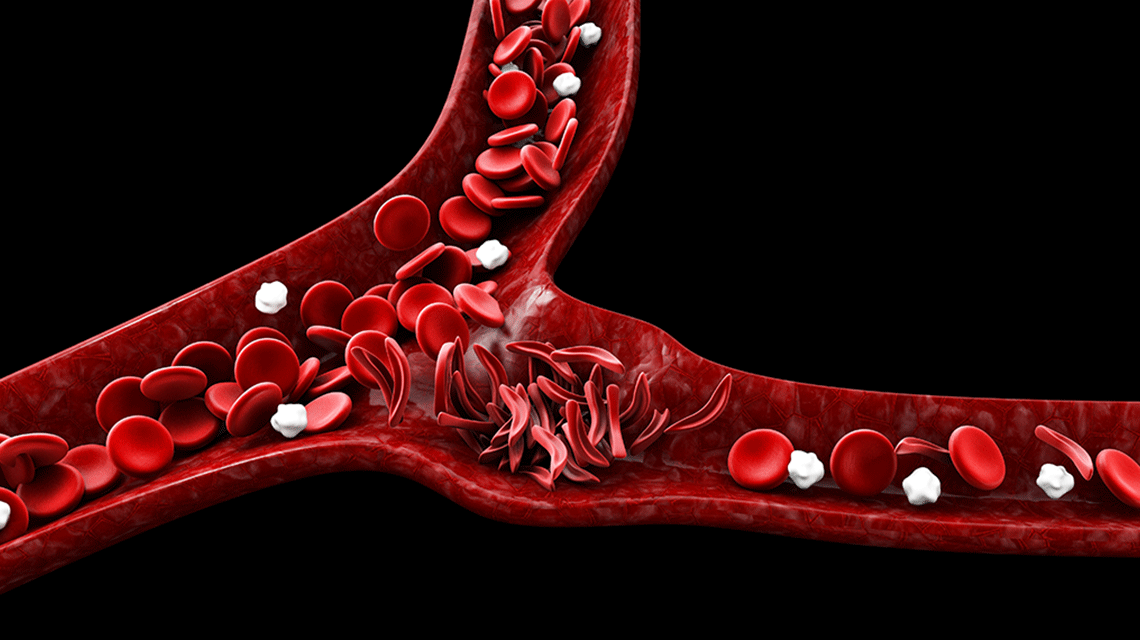Changing the Landscape of Blood Disorder Treatments: A Long Time Coming
Changing the Landscape of Blood Disorder Treatments: A Long Time Coming https://pediatricsnationwide.org/wp-content/uploads/2024/01/AdobeStock_624471053-1024x574.jpg 1024 574 Alaina Doklovic https://pediatricsnationwide.org/wp-content/uploads/2023/11/100923RH0019-e1699635391623.jpgNew therapies, from virus-mediated gene therapy to CRISPR-based treatments, are poised to change the clinical landscape of blood disorder treatments and outcomes. For more than two decades experts have been searching for curative therapies for blood disorders. They have invested time, money and expertise to bring these therapies to fruition, something that the Division…














